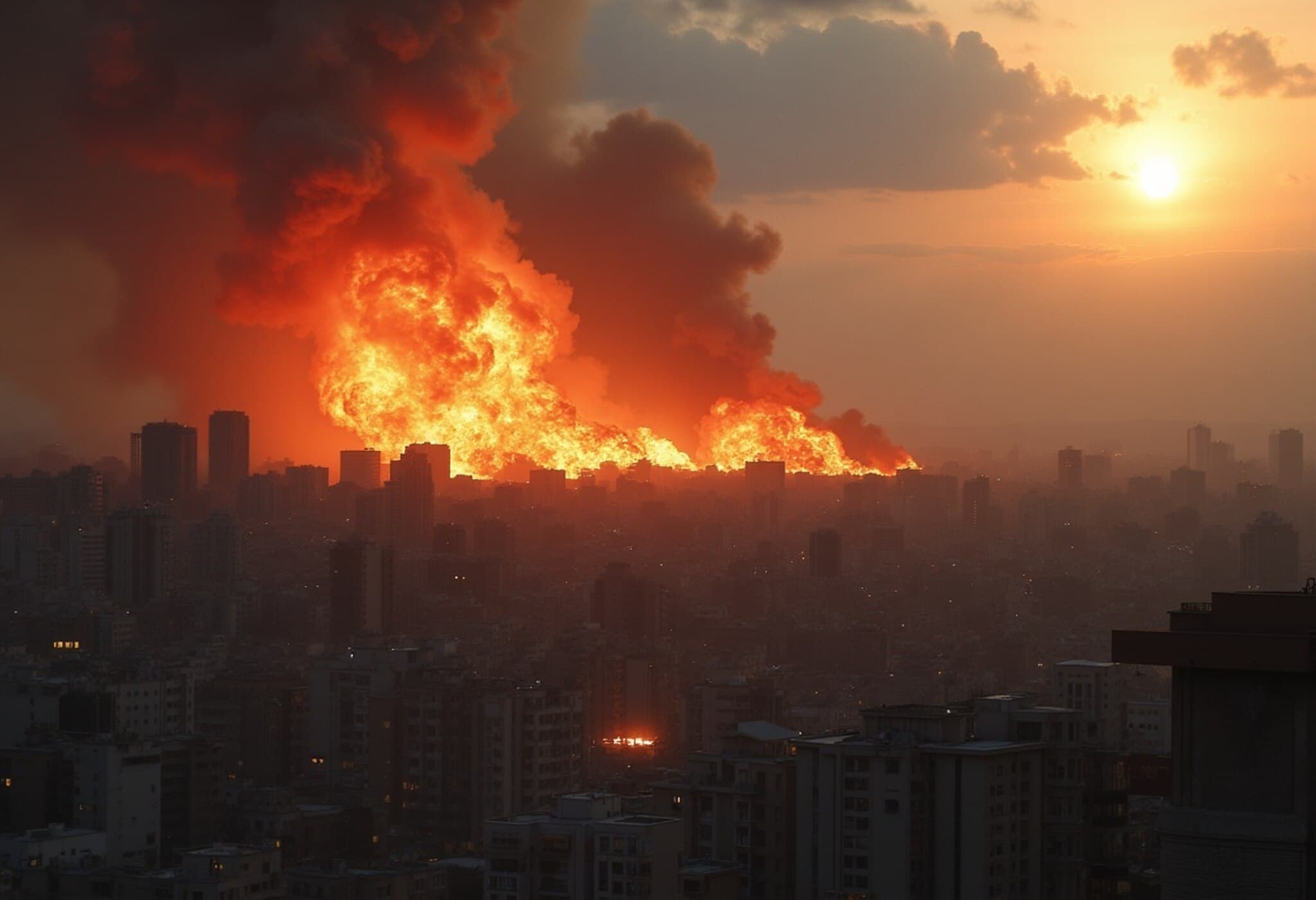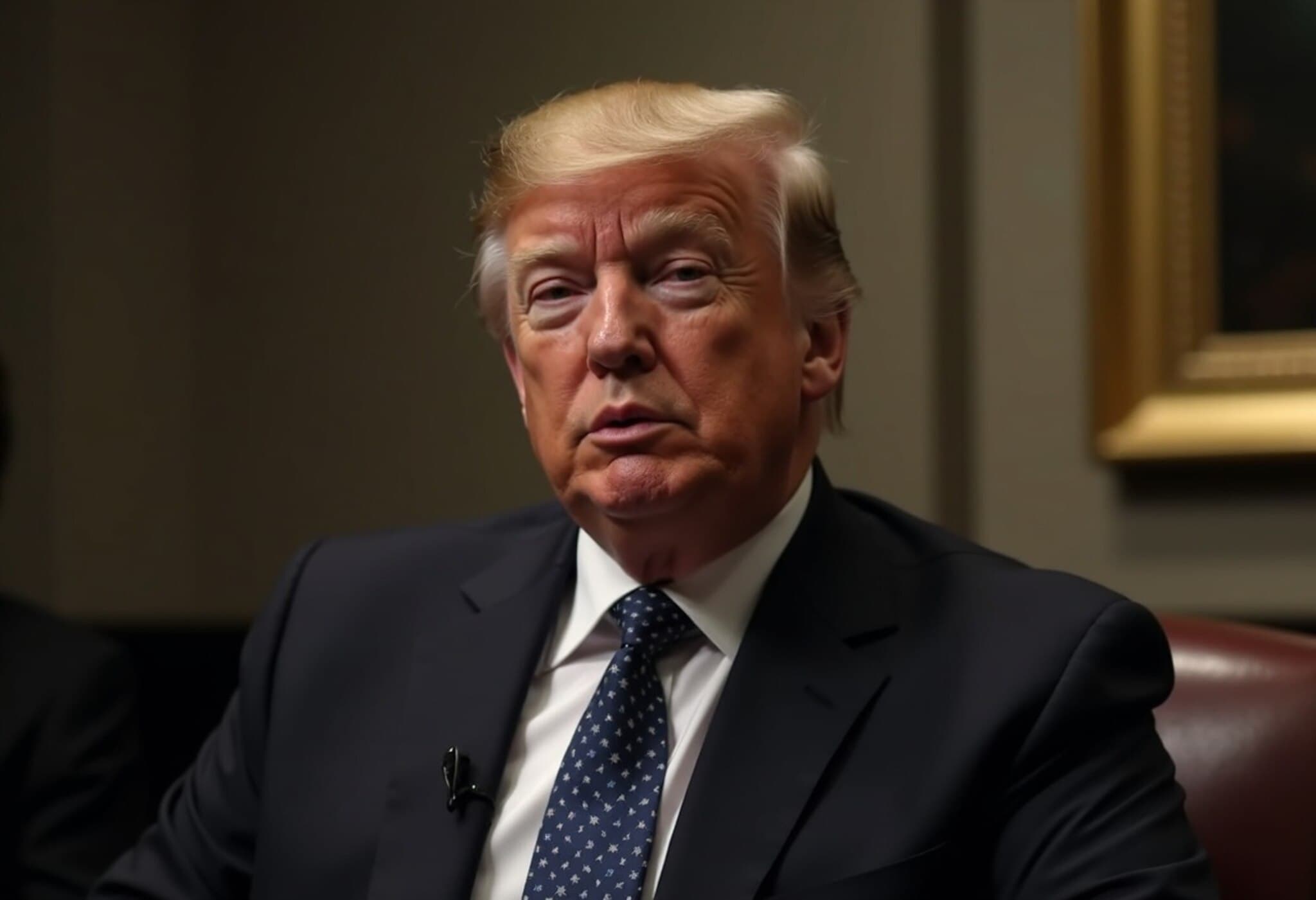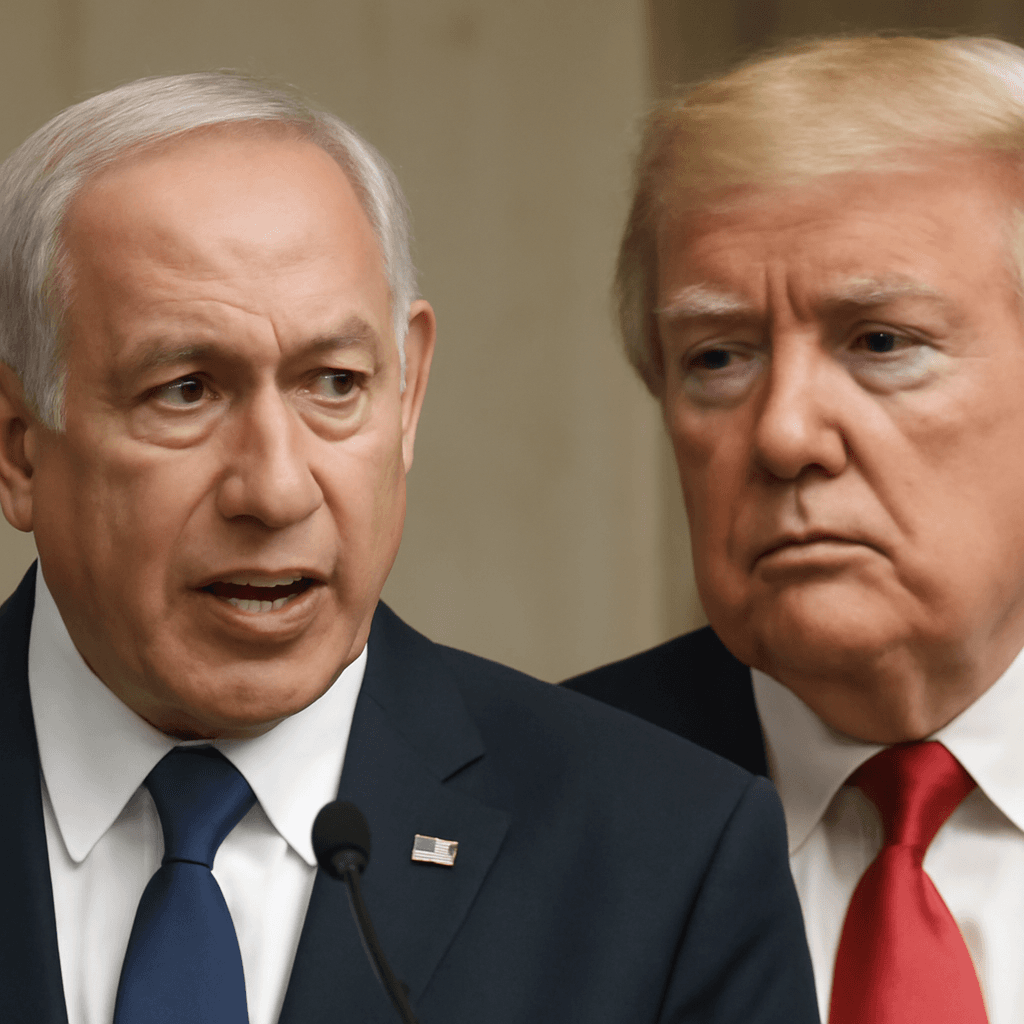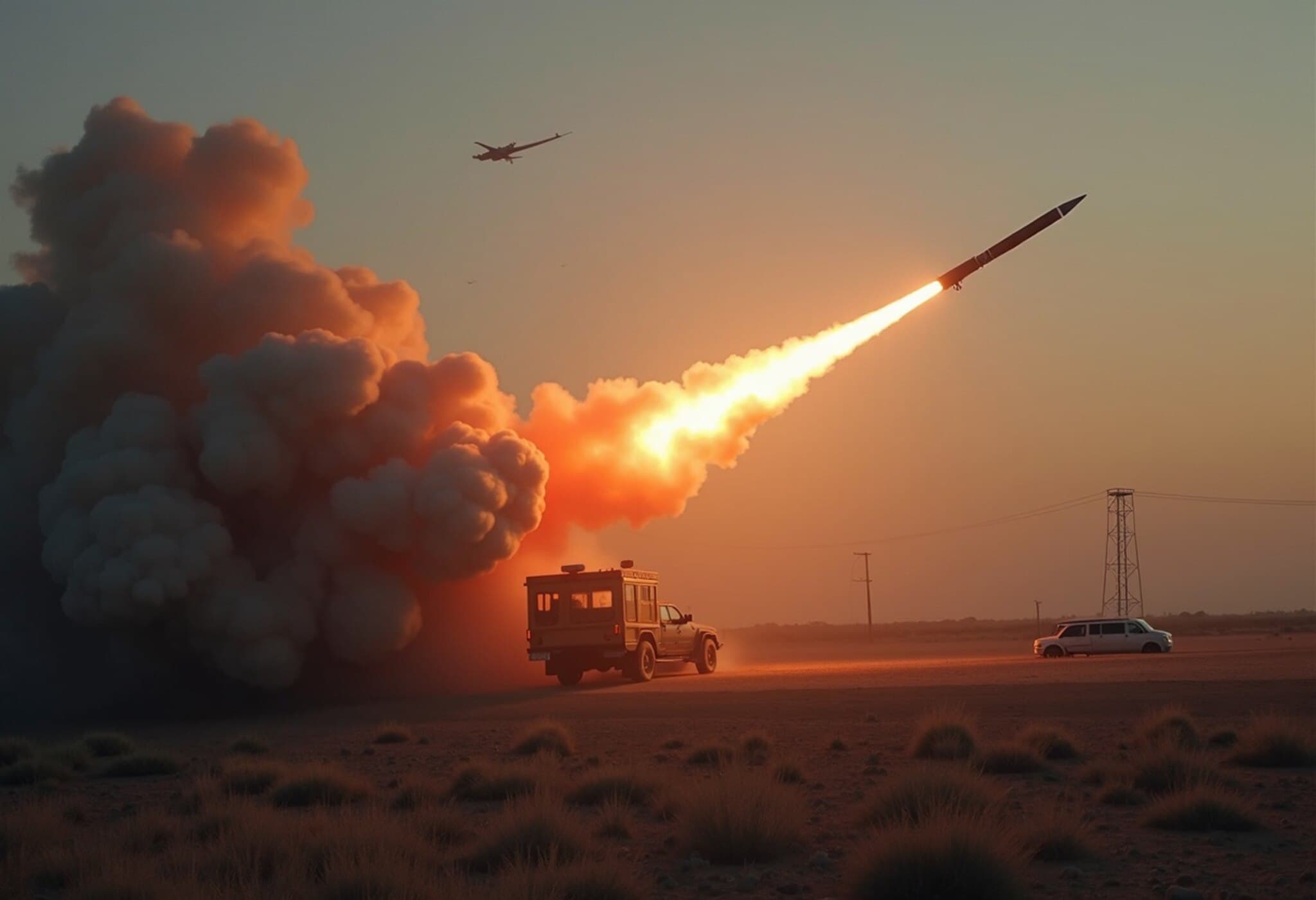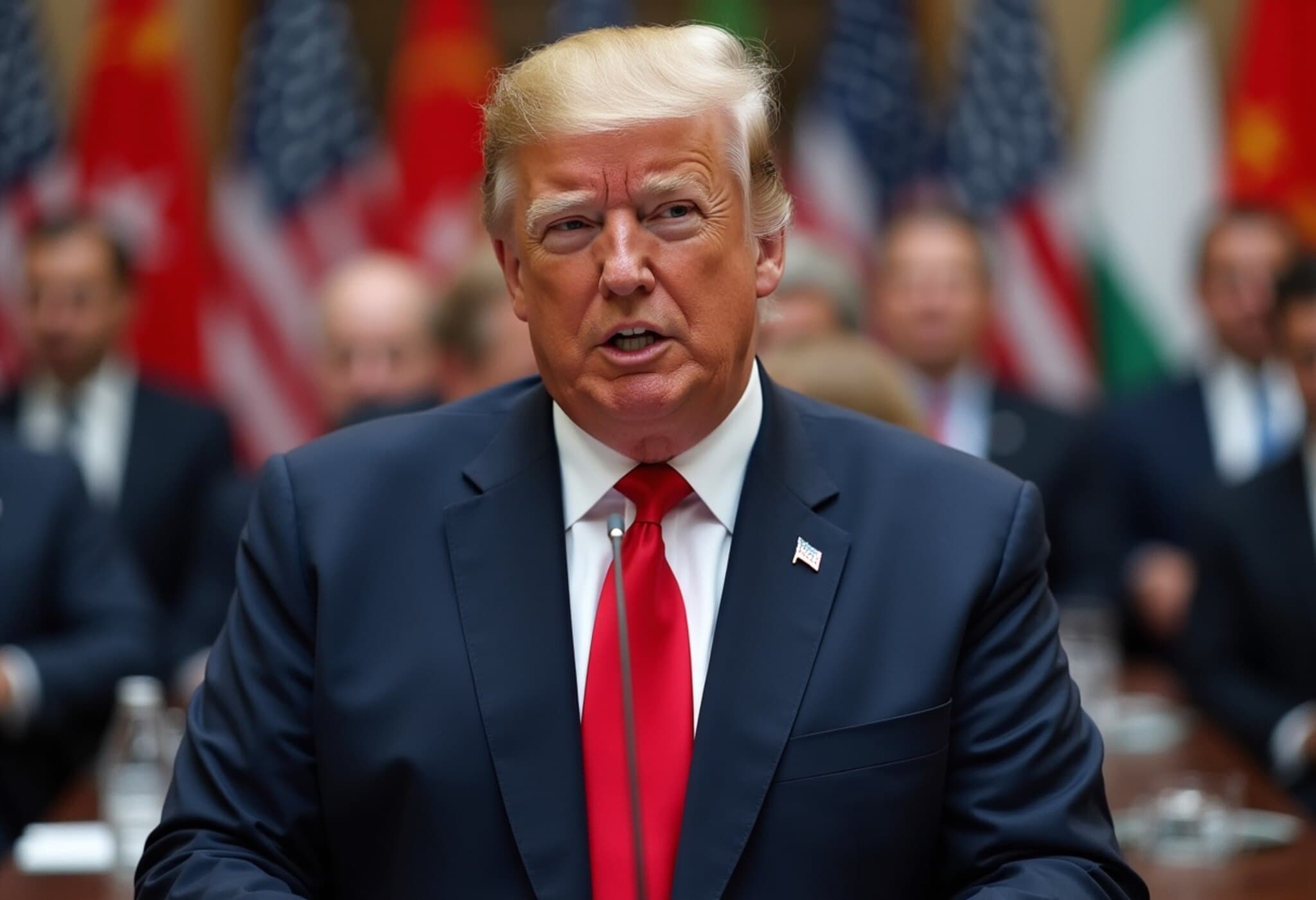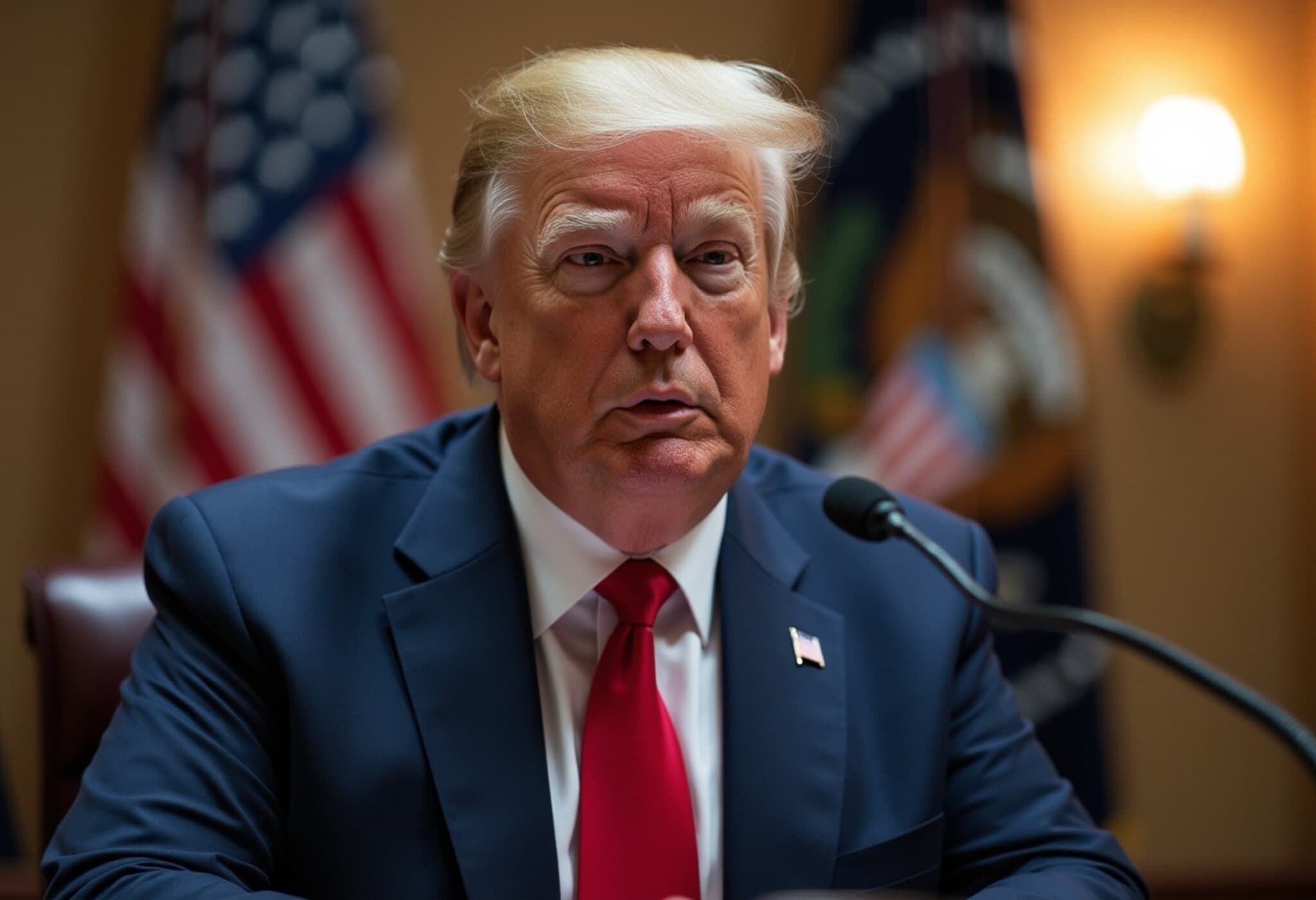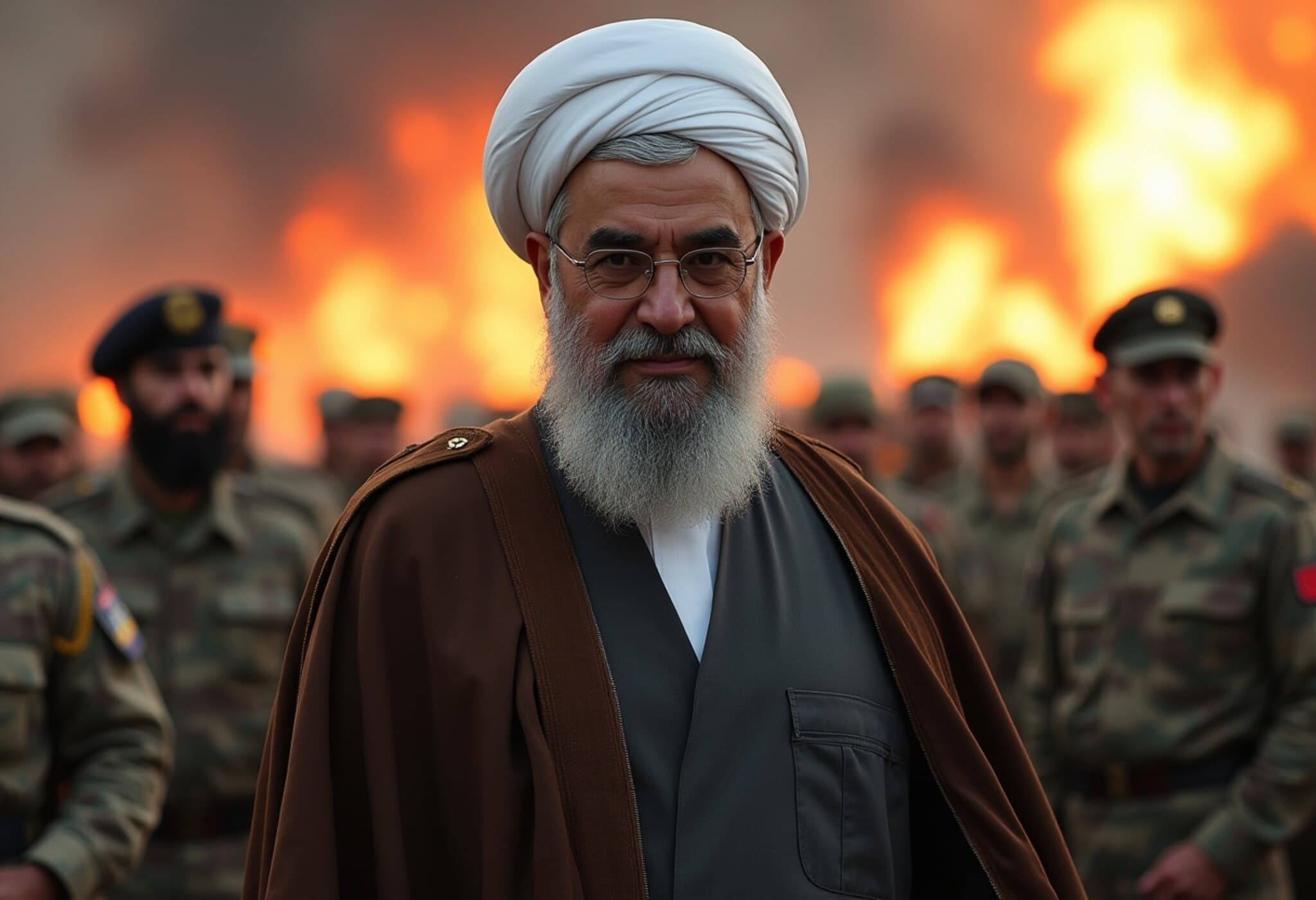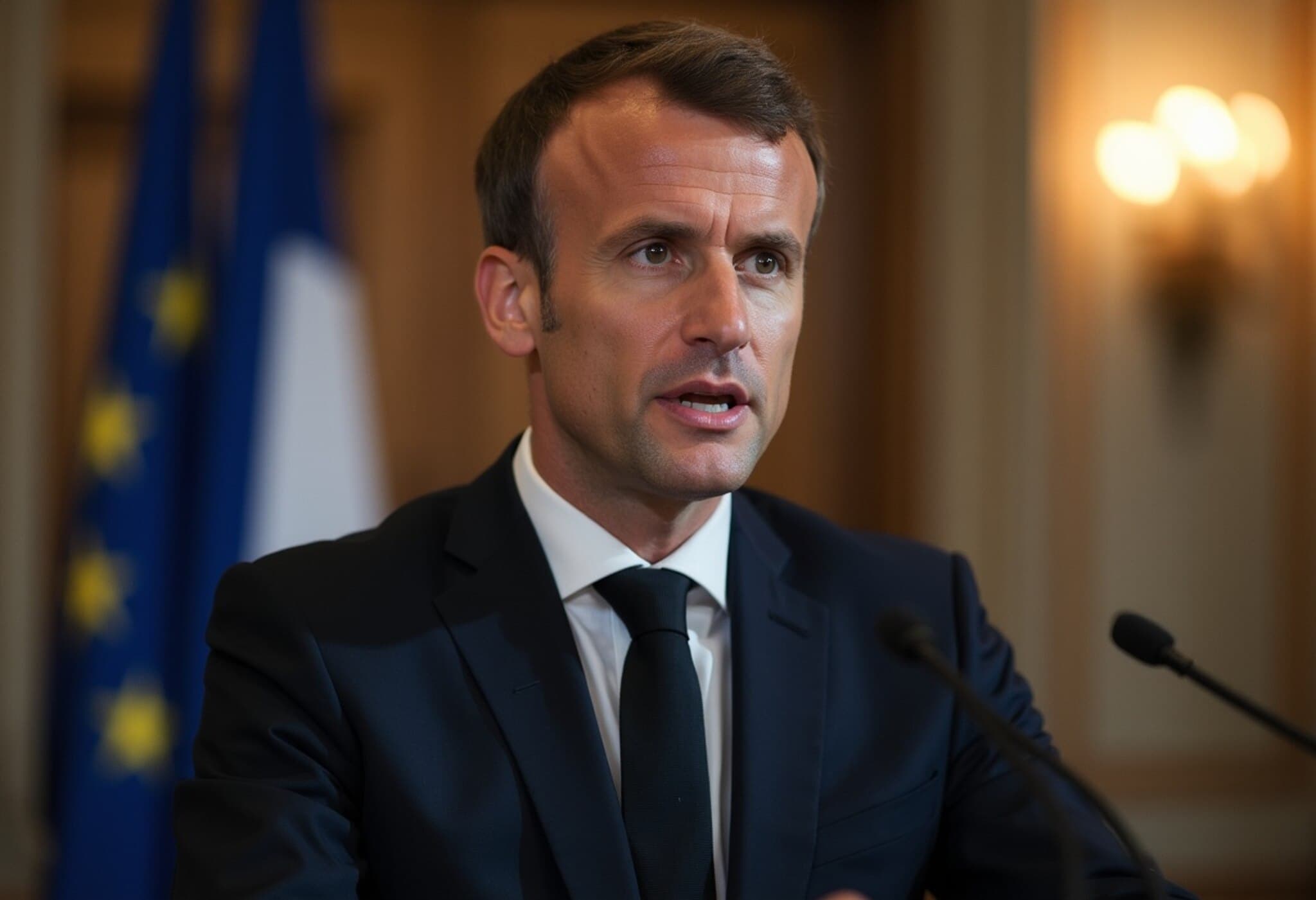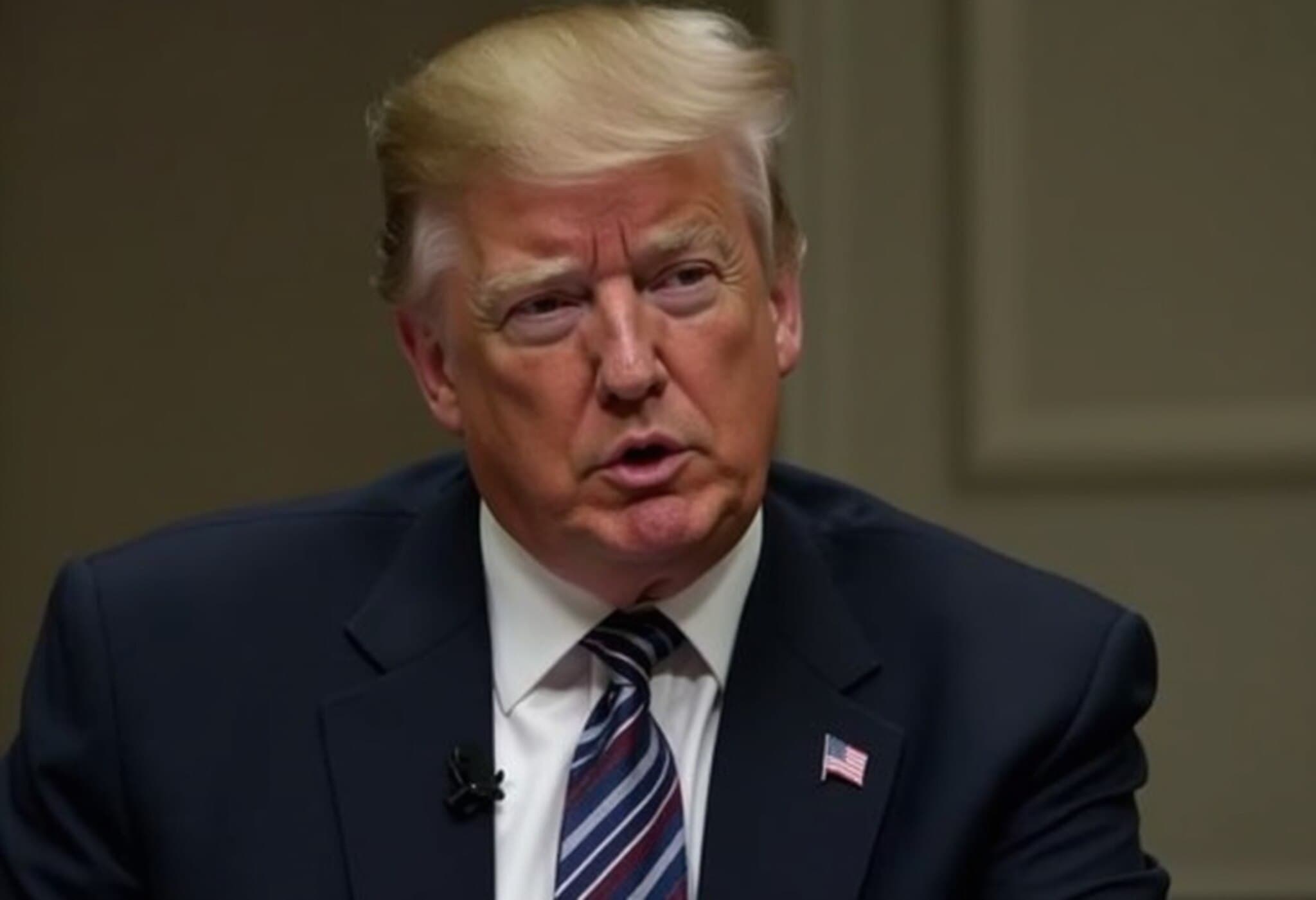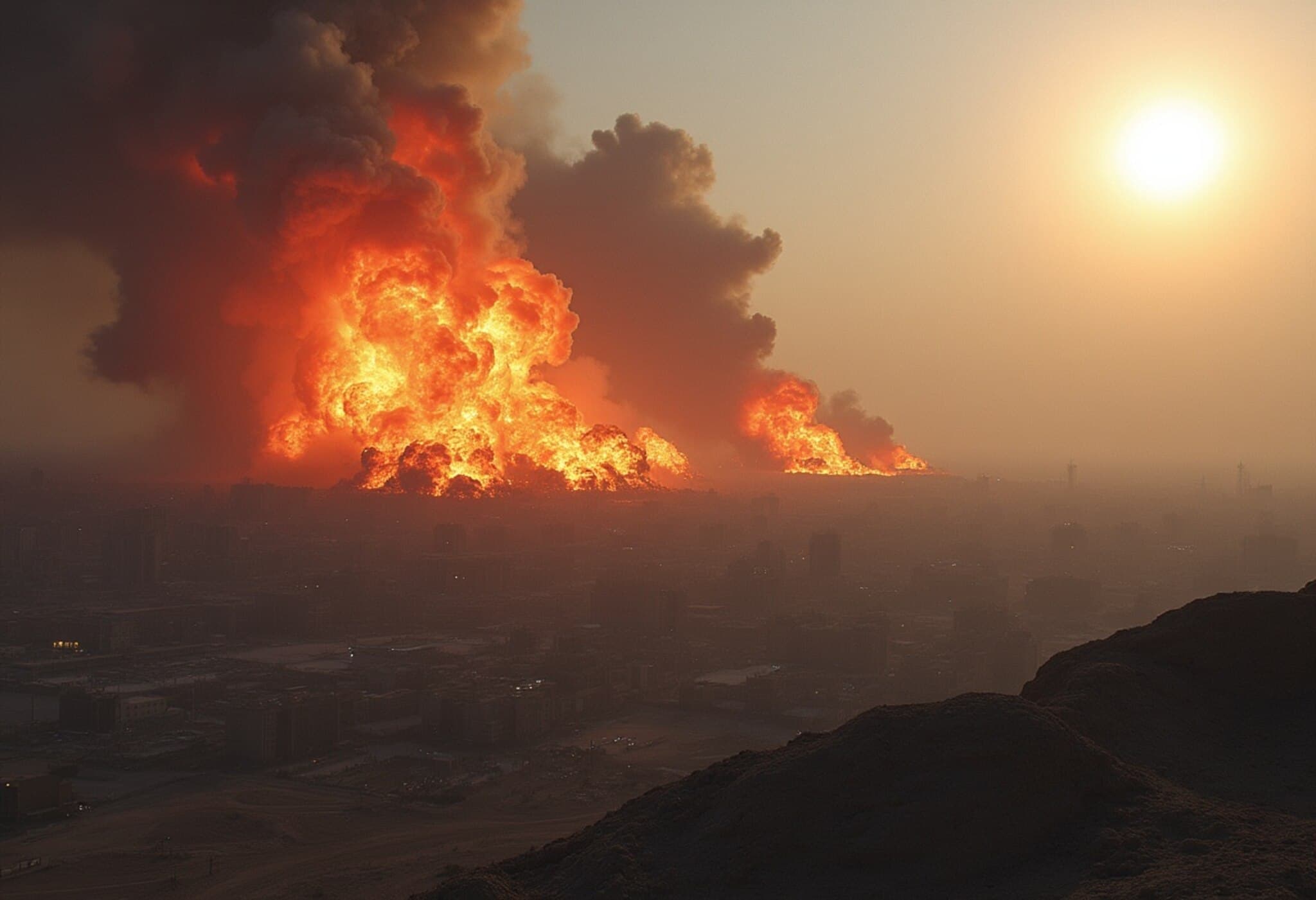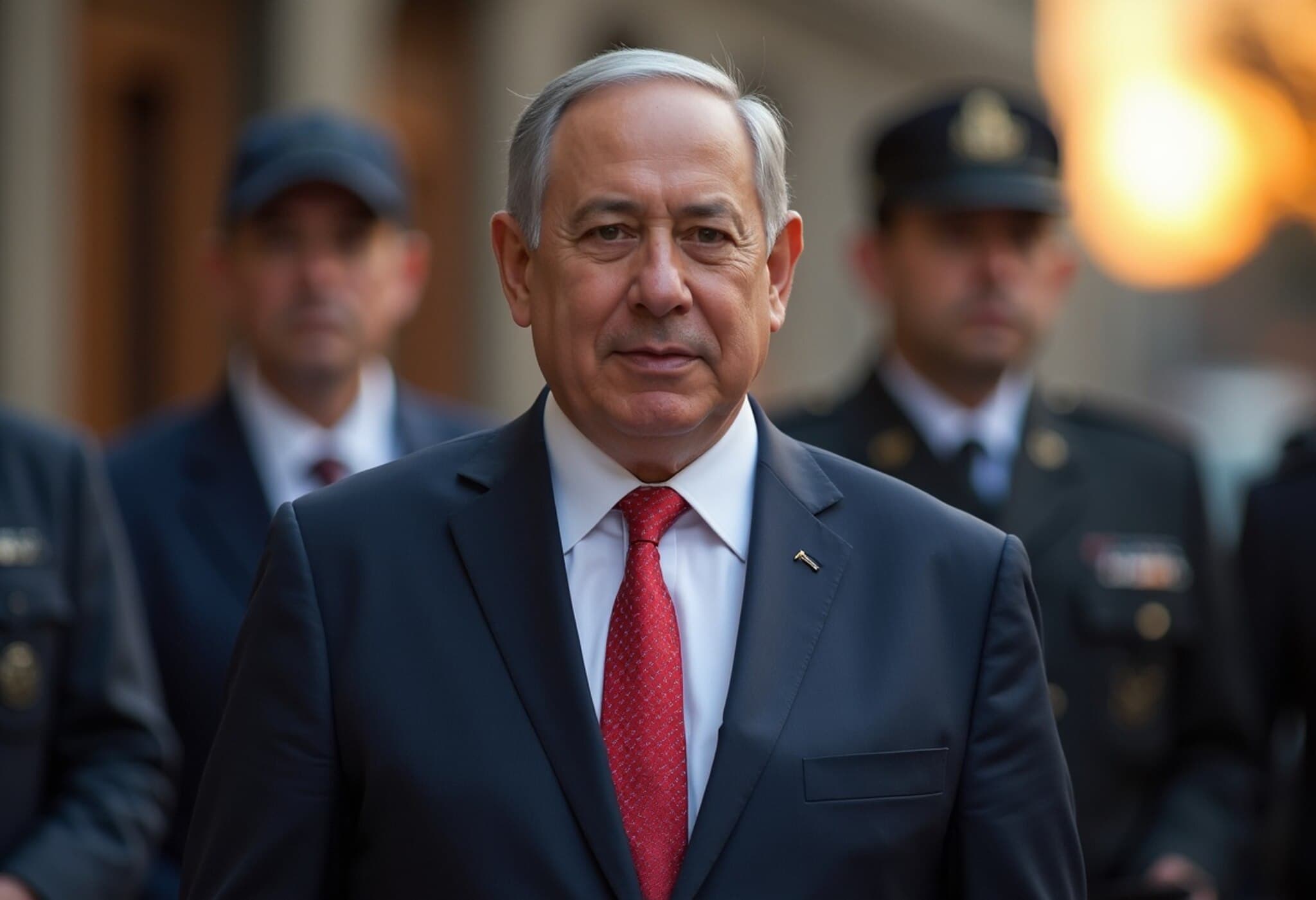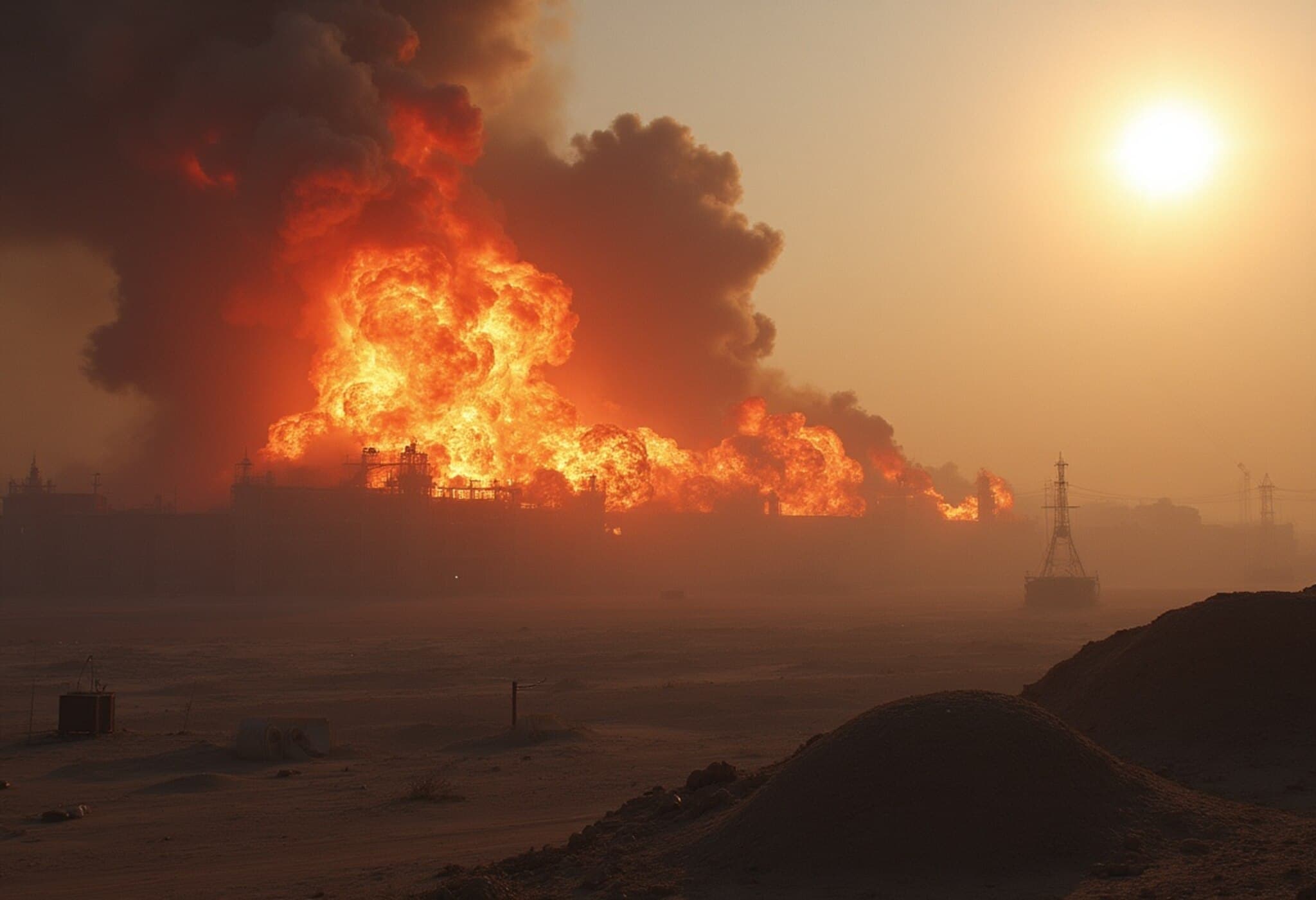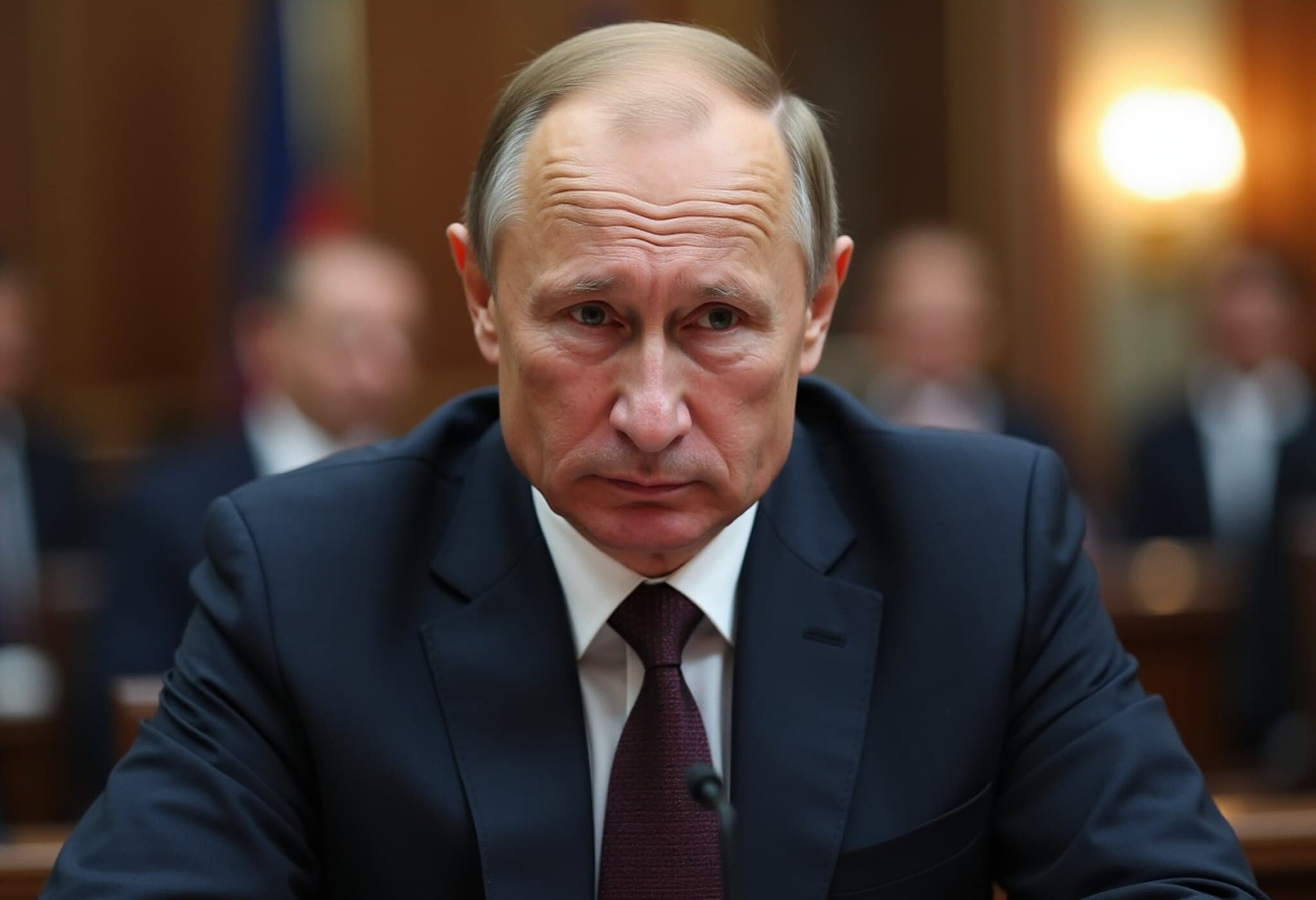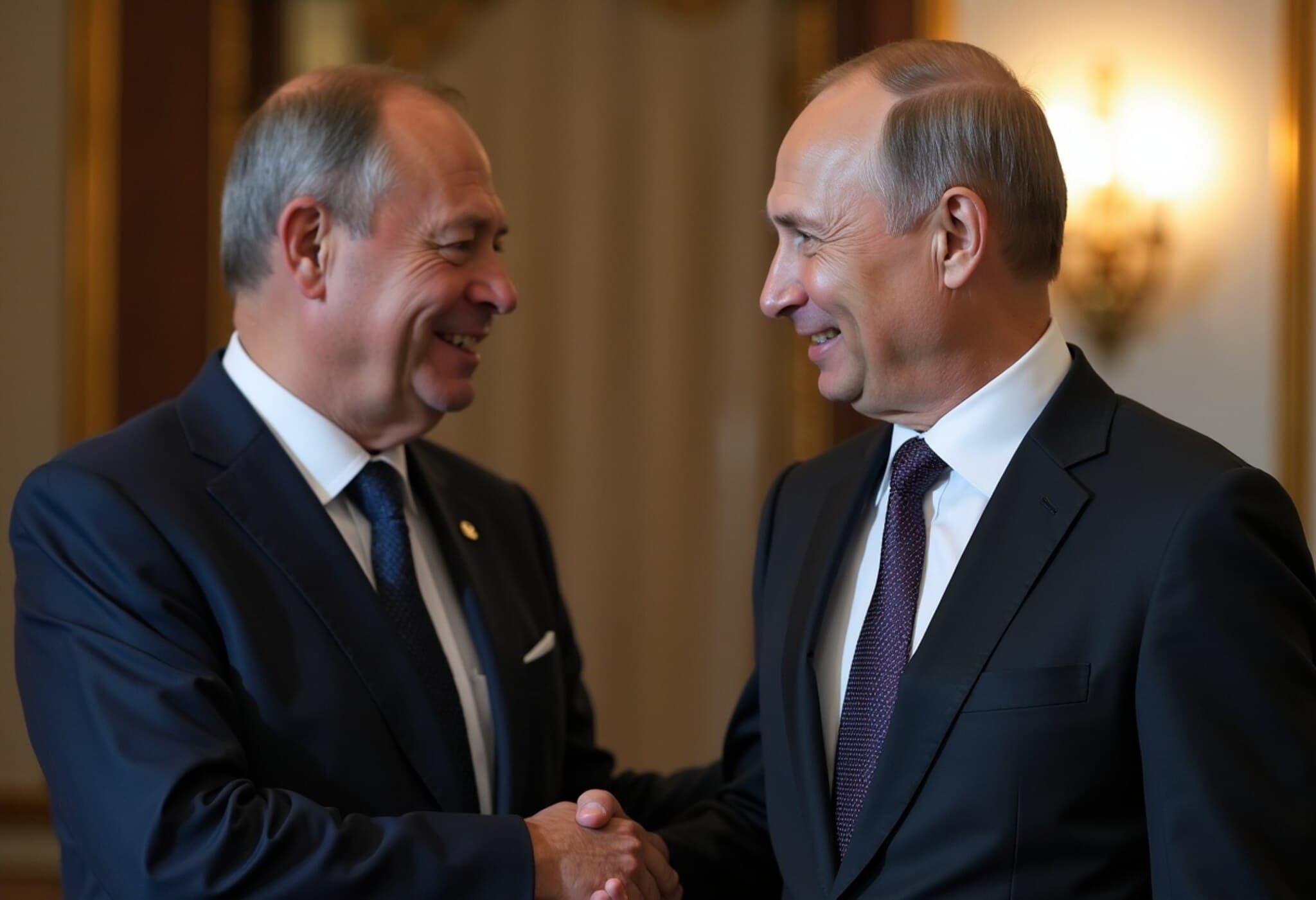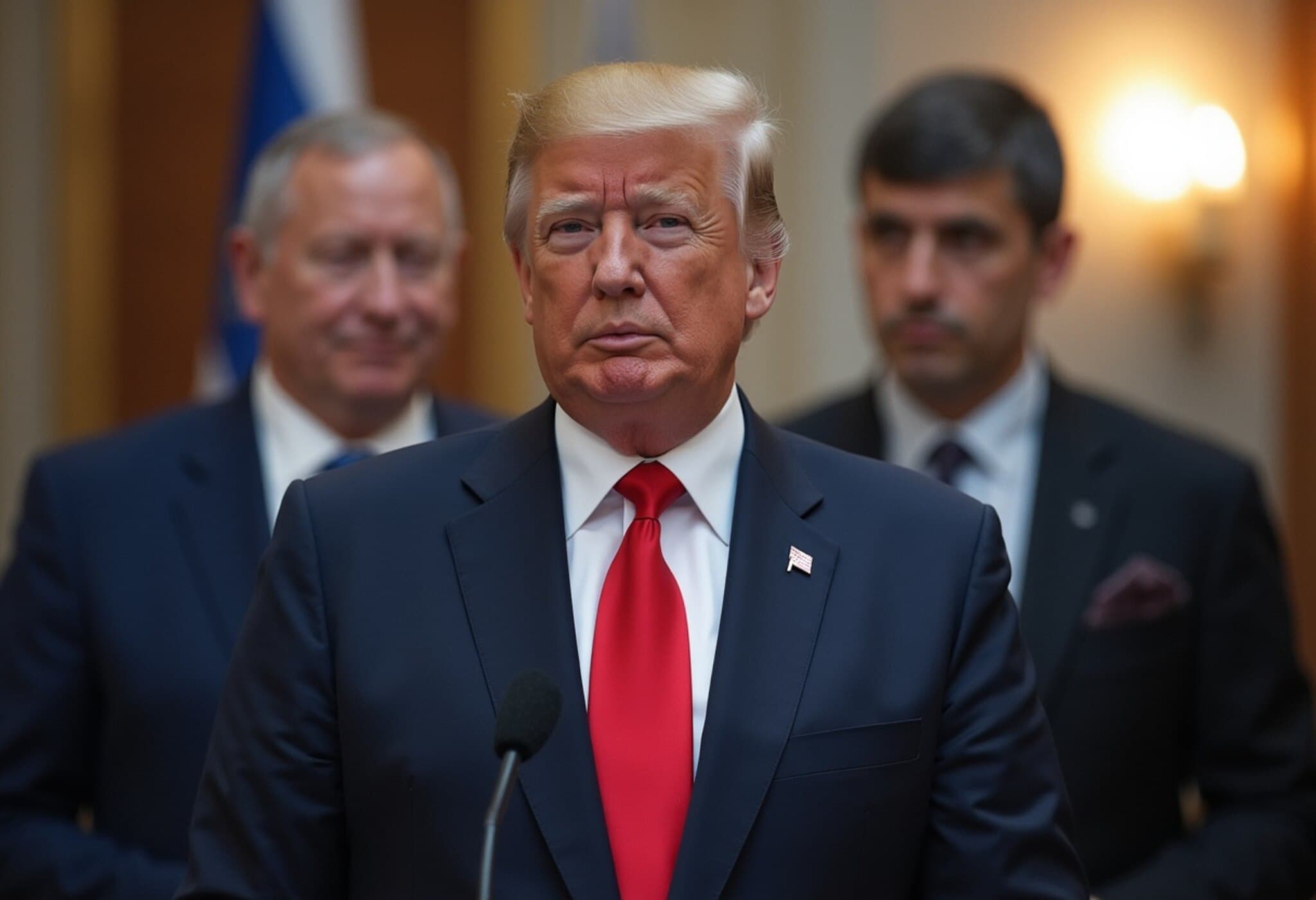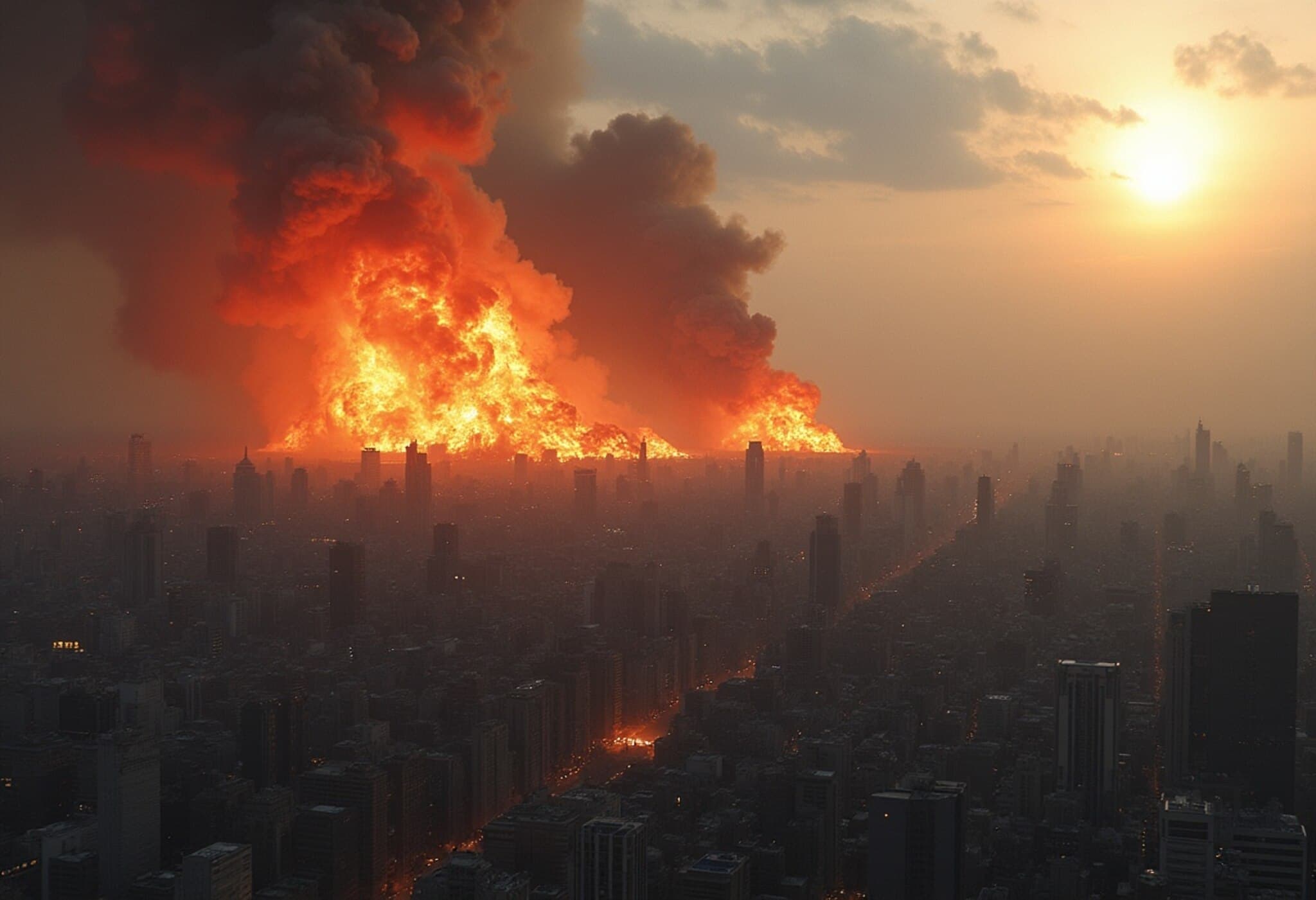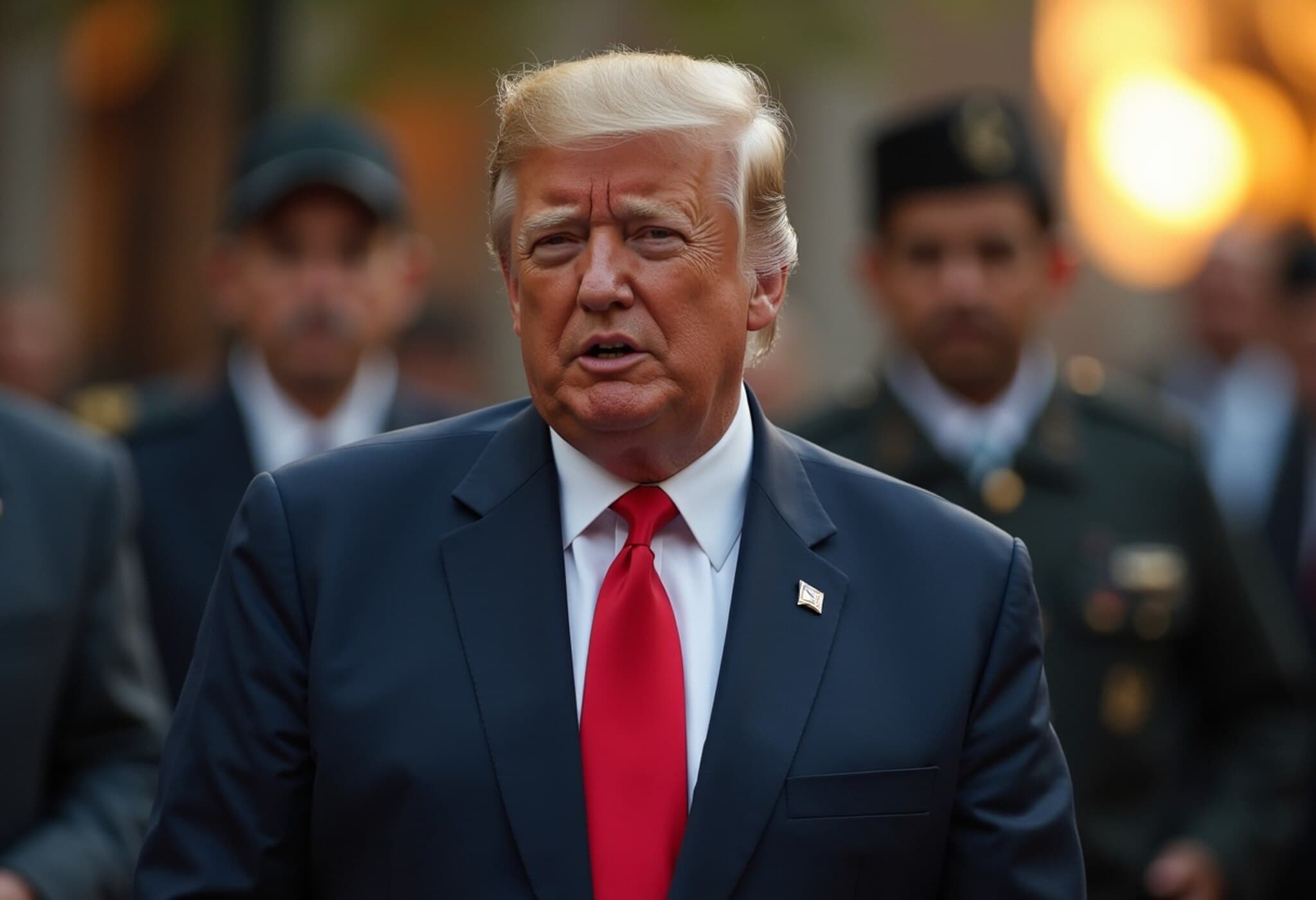US Airstrikes in Iran: A Strategic Conundrum
Recent precision airstrikes conducted by the United States on three Iranian nuclear sites have placed Tehran at a crossroads. The targeted facilities—Fordow, Natanz, and Esfahan—mark the first direct strikes on Iranian soil since the 1979 Iranian Revolution. This bold move has sparked intense speculation about how Iran might respond.
The Stakes for Iran: Respond or Restrain?
Iran now faces a delicate decision. A forceful retaliation could escalate the conflict, potentially dragging the region into deeper instability. Conversely, a subdued response risks undermining the leadership's credibility among its people. Yet, experts suggest Iran might choose a third path—eschewing immediate retaliation against the US while continuing to focus its efforts against Israel.
Trump’s Calculated Gambit
By striking these nuclear sites, the US President sent a clear message: "Iran must make peace or face harsher consequences." Yet, the precision of the strikes indicates that Washington may be inviting Tehran to make the next move. Should Iran directly attack US assets, it would hand the US justification for a more extensive military campaign under the banner of self-defense.
Iran’s Formal Response
The Iranian Foreign Ministry condemned the strikes, denouncing them as "brutal military aggression" and a serious breach of international law and the UN Charter. It also condemned the US collaboration with Israel, alleging malicious intent toward Iran's sovereignty and peace-loving people. Tehran remains resolute in defending its territory by all means and has called for the UN Security Council's intervention.
Why Iran May Refrain from Direct Retaliation
Engaging the US directly would be strategically unwise given the military imbalance and the risk of igniting a broader war. Instead, Iran might allow the US a symbolic victory while intensifying its operations against Israel. This tactic would pressure Tel Aviv and complicate Washington’s justification for involvement, effectively casting the US as an aggressor acting on Israel’s behalf if it continues offensive operations against Iran.
Trump’s Diplomatic Tightrope
Although previously vocal against "forever wars," the US administration’s recent escalation presents a risky political gamble. While some American political factions have criticized the strikes, Trump risks alienating portions of his base if the conflict drags on. Achieving a clear victory over Iran could solidify his administration’s stance, but failure may result in accusations of drawing the US into protracted, unpopular conflict—complicating his global peacemaking image, especially amid recent international recognition.
A Strategic Opening for Iran
The airstrikes could ironically afford Iran an opening to recalibrate its nuclear posture. Having been a signatory to the Non-Proliferation Treaty since 1968, Iran hinted at possibly exiting the treaty amid rising tensions. The uncertainty surrounding its enriched uranium supplies in wartime conditions allows Iran to maintain strategic ambiguity. This stance could deter future attacks, delay direct US confrontation, and create leverage for future negotiations.
Key Advantages of Iran’s Potential Strategy:
- Defers immediate military escalation with the US
- Justifies reduced nuclear transparency under the fog of war
- Strengthens negotiating position post-conflict
As the situation unfolds, the world watches closely to see if Iran opts for confrontation or calculated restraint in this high-stakes geopolitical drama.

